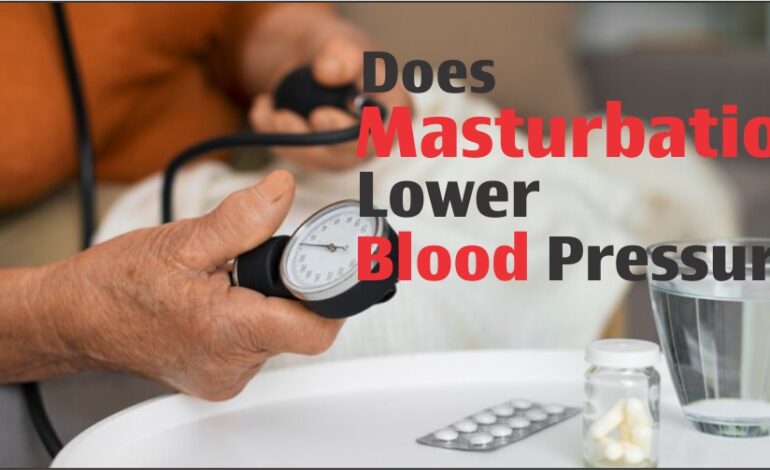In the world of sexual health and fertility, there are numerous myths and misconceptions surrounding the impact of masturbation on sperm count and quality. Many individuals wonder whether frequent masturbation can lead to low sperm count and potentially affect their ability to conceive. In this comprehensive guide, we’ll explore the science behind sperm health, the potential effects of masturbation on sperm count, try to find the best answer to the question ‘Does Masturbation Cause Low Sperm Count?’ and practical considerations for individuals or couples trying to conceive.
Table of Contents
Benefits of Masturbation
Before exploring the potential impact on sperm health, let’s first acknowledge the benefits of masturbation. Masturbation is a natural and normal aspect of human sexuality, and it offers several advantages, including:
- Stress relief: Masturbation can help alleviate stress and tension, promoting relaxation and overall well-being.
- Sexual exploration: Masturbation allows individuals to explore their bodies, preferences, and sexual responses.
- Improved mood: Orgasm releases endorphins, which are neurotransmitters that promote feelings of pleasure and happiness.
Understanding the positive aspects of masturbation is essential for fostering a healthy attitude towards sexual expression and self-care.
Can Frequent Masturbation Impact Sperm Health?
The question of whether frequent masturbation can impact sperm health is a topic of debate and speculation. While some individuals worry that excessive masturbation could lead to low sperm count or decreased sperm quality, the reality is more refined.
Too Many Ejaculations Could Potentially Impact Short-Term Sperm Count
Research suggests that frequent ejaculation can temporarily lower sperm count in the short term. This phenomenon is due to the body’s natural regulation of sperm production. After ejaculation, it takes time for the body to replenish sperm reserves fully. Therefore, engaging in multiple ejaculations within a short period may result in a lower sperm count in subsequent ejaculates.
However, it’s important to note that this decrease in sperm count is typically temporary and reversible or masturbation may cause acne problems. Within a few days of the continuance, sperm count typically returns to baseline levels.
But Too Few Could Impact It Too…
Conversely, infrequent ejaculation can also have implications for sperm health. Sperm production occurs continuously within the testes, and regular ejaculation helps flush out older sperm and maintain optimal sperm quality. Prolonged periods of abstinence may lead to a buildup of older, less motile sperm, potentially affecting fertility.
Can I Still Masturbate if We’re Trying to Conceive?
For individuals or couples trying to conceive, the question of whether to continue masturbating may arise. The good news is that moderate masturbation is unlikely to significantly impact fertility in healthy individuals. However, couples may choose to adjust their sexual activity patterns to optimize fertility outcomes.
Some couples opt for a “sperm-saving” approach, where the male partner abstains from ejaculation for a few days leading up to ovulation to ensure higher sperm count and motility during intercourse. However, it’s essential to strike a balance between maximizing sperm count and maintaining a satisfying sexual relationship.
Masturbation and Sperm Tests
When assessing male fertility, semen analysis plays a crucial role in evaluating sperm count, motility, and morphology. Masturbation is the most common method for collecting semen samples for analysis. Therefore, understanding the relationship between masturbation habits and sperm test results is essential for interpreting fertility assessments accurately.
It’s important to note that sperm count and quality can vary due to various factors, including age, overall health, and lifestyle habits. Therefore, a single semen analysis may not provide a comprehensive picture of fertility potential. For individuals concerned about their sperm health, consulting with a healthcare provider or fertility specialist is recommended to discuss further testing and potential treatment options.
Conclusion
In conclusion, the belief that masturbation causes low sperm count is not supported by scientific evidence. While frequent ejaculation may temporarily lower sperm count in the short term, it is unlikely to have a significant and lasting impact on fertility in healthy individuals. Understanding the complex relationship between masturbation, sperm health, and fertility is key to promoting informed decision-making and fostering a healthy approach to sexual health and reproduction.


